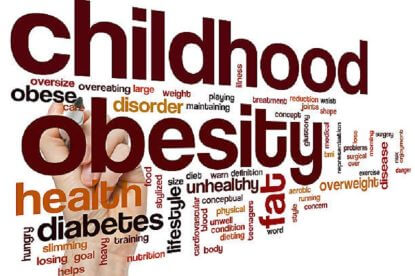Failed fertility treatments may up heart disease risk: study
Fri 17 Mar 2017, 11:12:22

Women who undergo fertility therapy, but do not get pregnant, have a higher risk of developing long-term cardiovascular diseases such as stroke and heart failure, a new study has warned.The study looked at data on 28,442 women under age 50 who underwent fertility therapy in Ontario, Canada during the study.
"We found that two-thirds of women never became pregnant after being managed for fertility treatment and these women also had worse long-term cardiovascular risk, specifically higher risks of stroke and heart failure, compared with the remaining third of women who did become pregnant and delivered a baby," said Dr Jacob Udell, scientist at the Institute for Clinical Evaluative Sciences (ICES) in Canada.
There is a lack of data on the long-term health impacts of fertility therapy, especially in women who do not conceive.The women were followed until March 31, 2015, for adverse cardiovascular effects. About one-third (9,349) gave birth within one year of final treatment, while the remaining two-thirds did not give birth.
Fertility therapy failure was associated with a 19 per cent increased risk of adverse cardiovascular events, in particular, heart failure.
However, the researchers stress the
absolute risk was modest at about 10 events per 1,000 women after 10 years for those where fertility therapy failed versus six events per 1,000 women for those who became pregnant and delivered a child after fertility therapy.
absolute risk was modest at about 10 events per 1,000 women after 10 years for those where fertility therapy failed versus six events per 1,000 women for those who became pregnant and delivered a child after fertility therapy.
The average age of the women who received fertility therapy was 35 years; 23,575 (83 per cent) had no prior deliveries, and the median number of fertility cycles was three."These findings are consistent with the hypothesis that fertility therapy may represent an early indication for future cardiovascular disease because it represents a unique cardiometabolic stress test," the researchers said.
However, they suggest the results should be interpreted with caution.
"We don't want to alarm women who undergo fertility therapy; we are instead suggesting that as women age, they should stay mindful of their health and remind their physician about any fertility therapy years earlier," said Donald Redelmeier, senior scientist at ICES.
"It can be an opportunity for their doctor to review other risk factors for heart disease and discuss ways to protect against future cardiac problems," said Redelmeier.
The study was published in Canadian Medical Association Journal (CMAJ).
No Comments For This Post, Be first to write a Comment.
Most viewed from Health
AIMIM News
Latest Urdu News
Most Viewed
May 26, 2020
Is it right to exclude Bangladesh from the T20 World Cup?
Latest Videos View All
Like Us
Home
About Us
Advertise With Us
All Polls
Epaper Archives
Privacy Policy
Contact Us
Download Etemaad App
© 2026 Etemaad Daily News, All Rights Reserved.

























.jpg)
.jpg)
.jpg)


